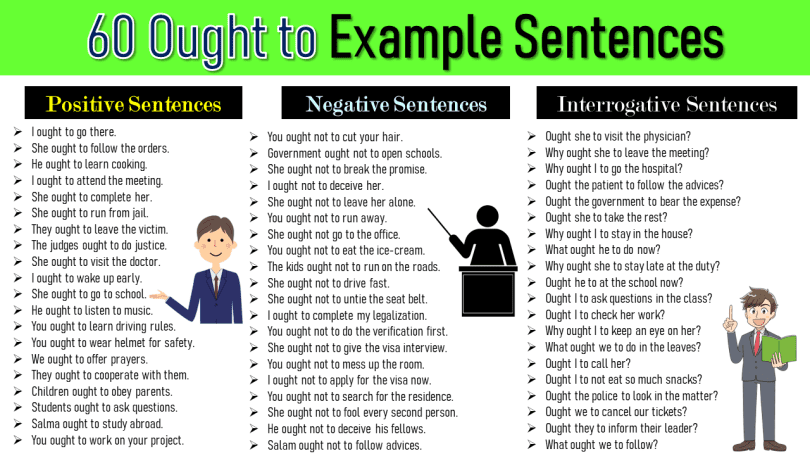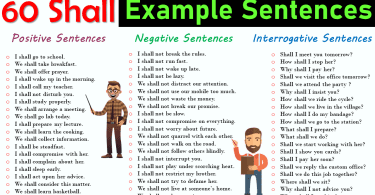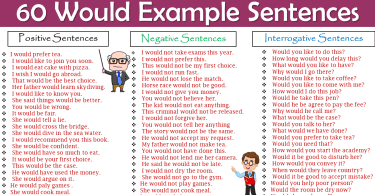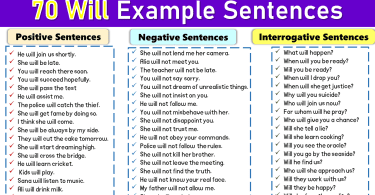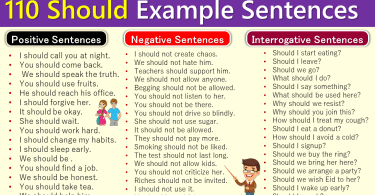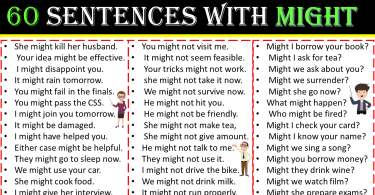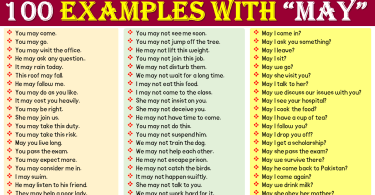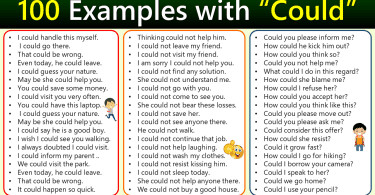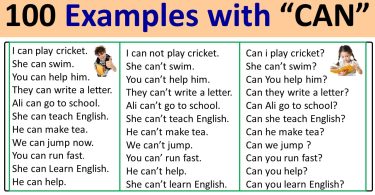Category - Modal Verbs Example Sentences
The helping verbs are used with the main verb to represent possibility, intent, ability, or chances of something happening. These can also emphasize doing or not doing something. You can consider them as auxiliary verbs, which are used with the main verb.
Modal verbs can be quite tricky if you don’t know the rules for using them. But these can be very simple once you learn how to use them in a sentence. You cannot use them alone because they are auxiliary verbs.
In the general model, verbs can be “can, may, might, could, should, would, will, and must.” Some other model verbs like ought to, need to, and got to are used very rarely. But the general model verbs are part of our daily conversations and subjects. Sometimes phrases, like used to, are also used as model verbs.
Modal verbs example sentences mainly indicate likelihood, possibility, and ability. But these are also sometimes used to represent permissions, make requests, give suggestions or advice, and give commands. While you can also use model verbs to represent an obligation or necessity or to talk about habits.
Let’s discuss some examples to clarify the concepts.
- I can do this job. (Representing ability)
- You must do this job. (Representing the emphasis or advice)
- I am used to walking long distances on foot. (Representing Habit)
- It might rain tomorrow. (Representing Possibility)
- She will go to school. (Representing possibility)
- I shall go to school tomorrow. (Representing intention)
- I could have met yesterday. (Possibility in the past)
- I would move to the hospital. (Talks about the future in the past)
Modal verbs example sentences are used by basic English learners, and it is taught in schools. If you want to learn about model verbs, you must consider our model verbs example sentences category. It will help you understand how to use model verbs in daily communication.


